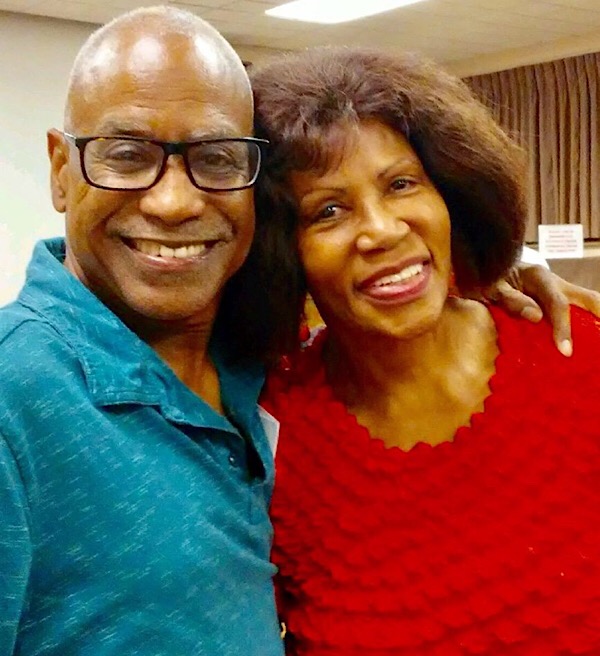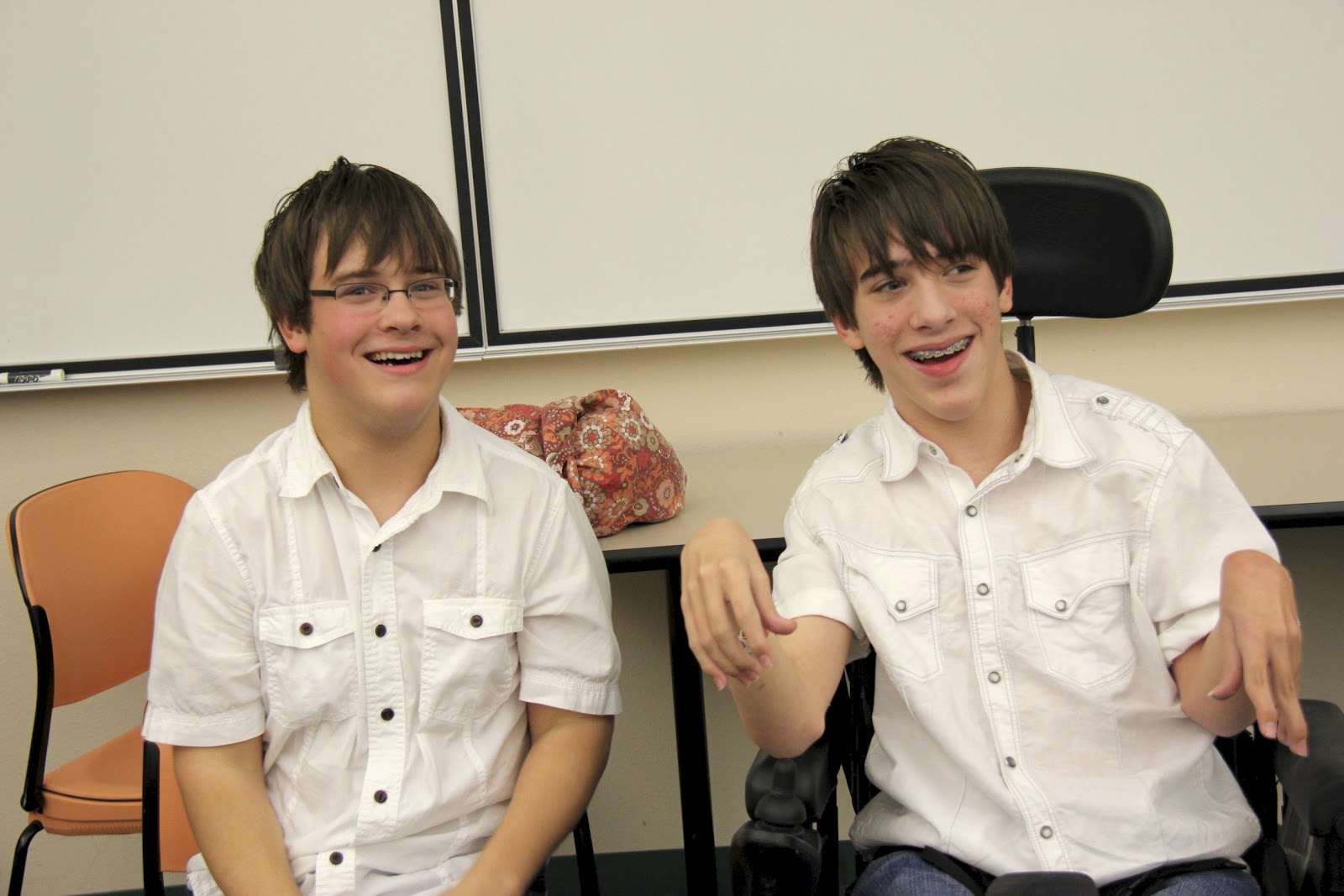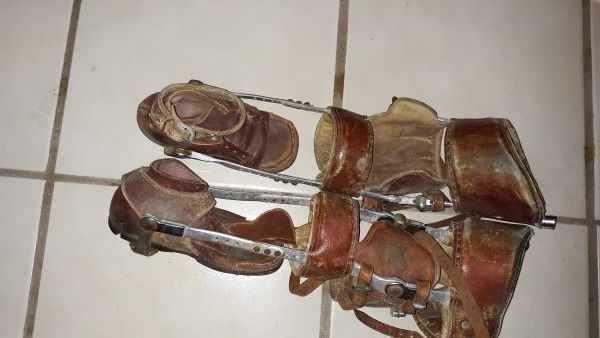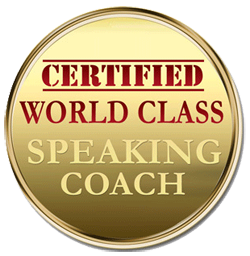Many products claim to boost memory, but there is no strong evidence that pills or supplements can improve memory function. The FDA does not regulate supplements for safety or accuracy, meaning manufacturers can make claims about memory enhancement without scientific proof.
Supplements: Limited Evidence
Some small studies suggest that supplements like ashwagandha, choline, curcumin, and ginger may offer memory benefits. However, larger studies have been inconclusive, and no supplement has been proven to significantly enhance memory.
Medications: No Cure for Memory Loss
Currently, no drug can cure memory loss. In fact, certain medications can worsen memory problems and cause confusion, particularly in older adults.
Alzheimer’s Disease: Slowing, Not Stopping, Decline
For individuals with Alzheimer’s disease, some prescription drugs may slow the decline of memory and cognitive function, but they do not stop or reverse the disease.
Safety Considerations
•Supplements can be ineffective, unsafe, or low quality, as they are not strictly regulated.
•Some medications interact with supplements, potentially worsening memory issues.
•Older adults are more vulnerable to side effects from medications that impact cognitive function.
What You Can Do
If you’re considering taking a supplement or medication for memory, consult your doctor first. A healthcare professional can help you understand the potential risks, interactions, and alternatives that may better support brain health.
Additional Resources
For more information, visit:
•UCSF Memory and Aging Center
•National Institute on Aging (NIA)








Recent Comments